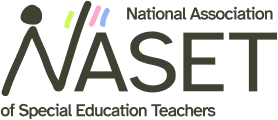Karen H. Feathers, Ed.D.
Deborah E. Schadler, Ph.D., CPCRT, PRSE
Gwynedd Mercy University
Abstract
This mixed-methods study analyzed data collected from a higher education pilot program intended to foster preparation for greater independence with students with intellectual disabilities (ID). Pearson’s Quality of Life Inventory (QOLI) (Frisch, 1994) was administered to five program participants with high functioning intellectual disabilities (ages 18-25 years). Students also responded to interview questions relative to outcome objectives of domain courses including social skills training, fine arts exploration, recreation orientation, life and work skills instruction, and self-advocacy coaching. Data analysis of QOLI and themes from interviews revealed implications of how students perceive their overall quality of life. Also analyzed were the students’ perceptions of the following areas of their lives: personal growth and self-esteem, work skills and behaviors, social skills for group activities and significant relationships, skills for functioning independently, and skills for self-advocacy and making choices. The goal of sharing these findings is to assist others in the design of future transition programs for this population.
Keywords: post-secondary, transition, intellectual disabilities
Read or Download Instructions
-
To Read or Download this Article – Click Here
-
To Download the WINTER 2020 Issue of JAASEP – Click Here
